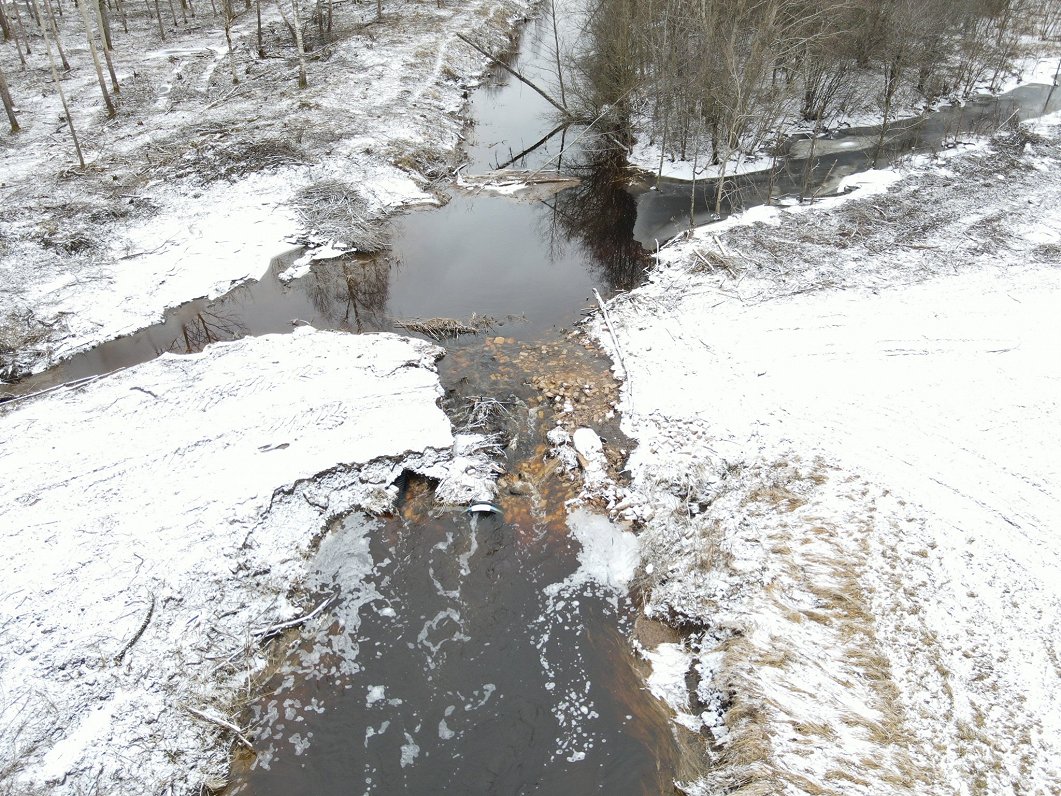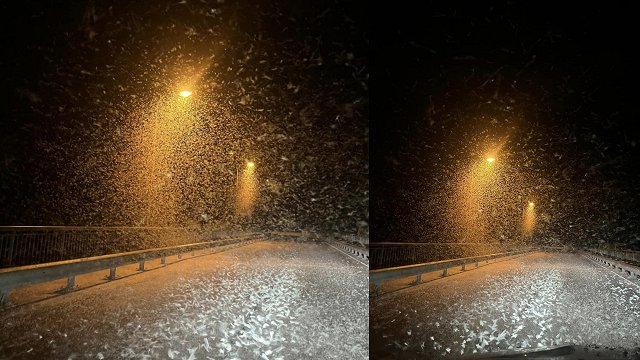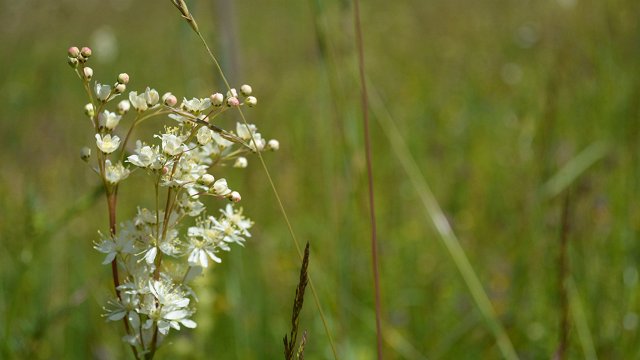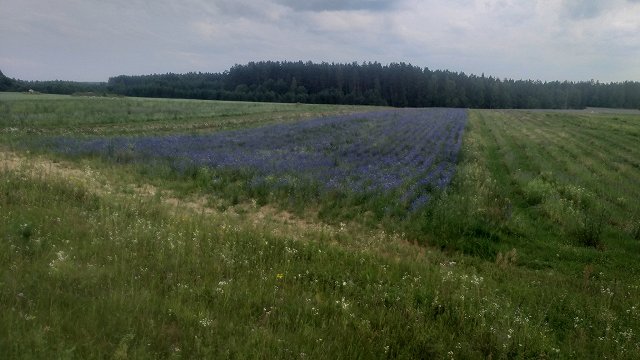Among the violations detected – an area contaminated with sewage content in the Kekava region, oil products stored in an inadequate environment in Vidzeme, while in Zemgale, Bauska region, a section of Vārnupe river has been illegally dammed.
The Environmental Service acknowledges that as spring begins and people go more in nature, violations are both more reported and more exposed, plus they show blatantly crude and nihilistic attitudes toward the environment. Those 30 complaints came in late February within one week.
Kalvis Avotiņš, director of the Riga Regional Administration of the Environmental Service, points out that not only are residents dumping waste in nature, but companies are also trying to make money at the expense of the environment.
"There is a tendency to do cleaning and tidying work in the spring, also cleaning farm buildings and getting rid of some sort of items. And it is often the case that the public also selects, after advertising, operators who do not meet all the environmental requirements, thus choosing operators with the sole aim of obtaining financial benefits. Unfortunately, then, there are areas in which the service often detects large waste amounts of several hundred cubic meters, and they are stored without respect for environmental requirements, let alone the existence of permits."
In Bauska municipality, the owner of a farm has informed the Environment Service about an unauthorized level crossing on his property over Vārnupe, Stelpe parish – the section of the river is arbitrarily filled with construction waste (bricks), as well as polypropylene pipes inserted into the river to provide water passage.
An administrative infringement procedure has also been initiated in this case. Blocking a section of a running river in this way causes significant damage to infrastructure, leaks can form elsewhere and nearby areas flood, and it damages the river's habitat, says Magda Jentgena, head of the Baltic Sea and freshwater program at the World Wildlife Fund.
"Unfortunately, people often think they have the right to deal with nature as they wish, but rivers are a unified habitat [..]. Very often we look at smaller rivers and think there won't be much impact if we make a stack of rock there to form a bathing site or make a wrong passage. But in fact, there are many deprived habitats for migratory species,” Jentgena said.
The Environmental Service is urging residents to continue to actively report through the Environmental SOS mobile app (Vides SOS).




























